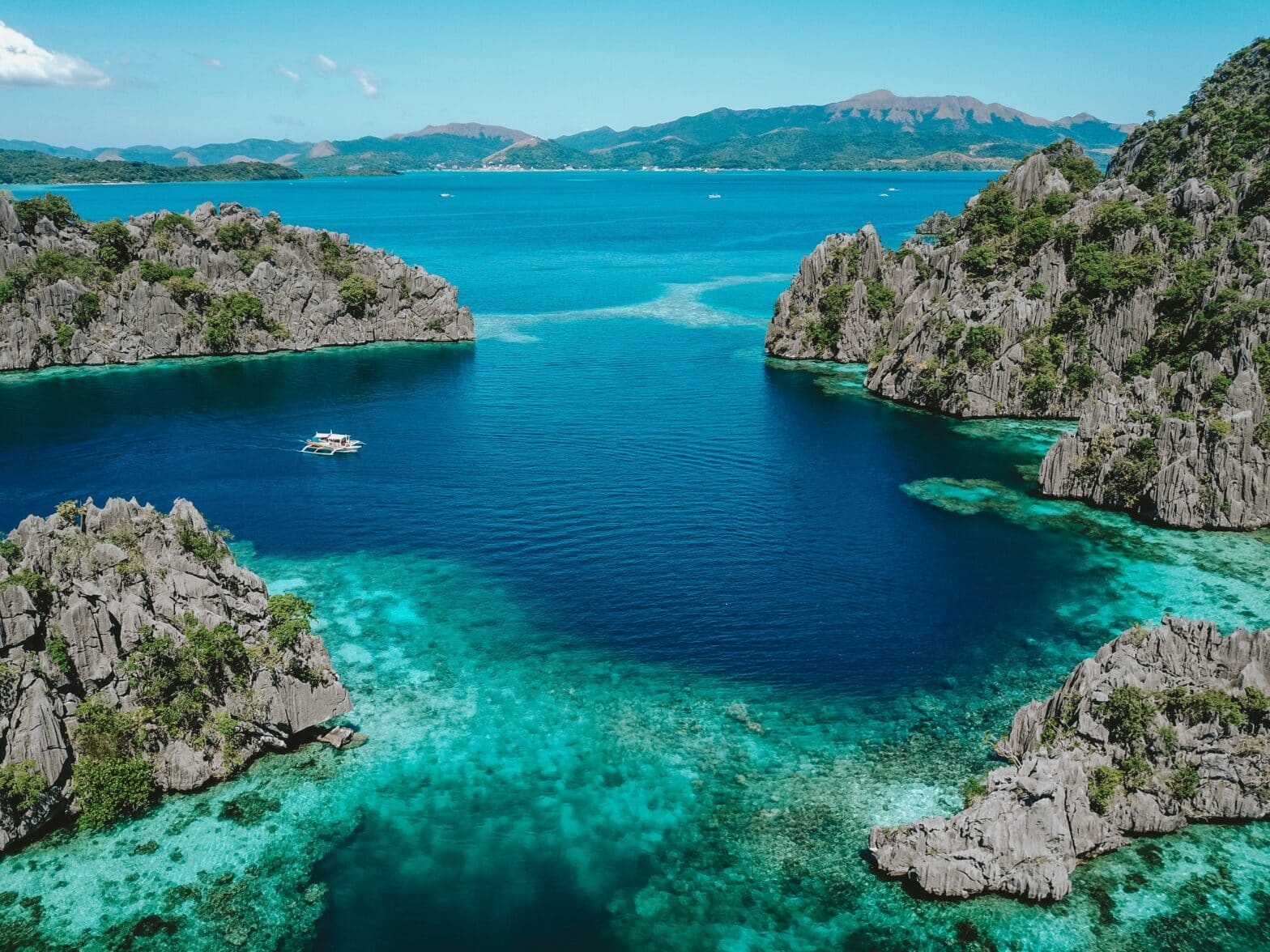The Philippines, an archipelago of over 7,000 islands, offers a unique blend of Hispanic, American, and Asian influences, making it a top destination for expatriates, retirees, and digital nomads. With its tropical beaches, vibrant culture, low cost of living, and expanding economy, the country has become an increasingly popular choice for those looking to live, work, or retire abroad.
Why choose the Philippines?
Many expatriates are drawn to the Philippines for its:
- Affordable cost of living compared to Western countries and neighboring Asian nations.
- High English proficiency, as English is one of the country’s official languages.
- Warm climate and picturesque natural landscapes, including beaches, mountains, and rainforests.
- Growing economy, with opportunities in business, technology, tourism, and outsourcing.
- Friendly local community, with Filipinos known for their hospitality and vibrant social culture.

Which Visa Do You Need for Your Relocation to the Philippines?
If you’re considering relocating, securing the right visa is essential. Depending on your purpose of stay, different visa options are available:
Temporary Non-Immigrant Visas
- 9G Pre-Arranged Employment Visa – Required for expatriates hired by Philippine companies.
- Student Visa (9F) – For international students pursuing higher education in the country.
Immigrant Visas
- 13A Permanent Resident Visa – Available for foreign spouses of Filipino citizens.
- Quota Visa – Granted to 50 nationals per year based on special skills or contributions to the economy.
Special Visas
- SRRV (Special Resident Retiree Visa) – Ideal for retirees who meet specific financial requirements.
- Investor Visas – Including the Special Investor’s Resident Visa (SIRV), which allows foreign investors to reside in the country based on investments in Philippine industries.
For the latest regulations, visit the Philippine Bureau of Immigration website or the nearest Philippine Embassy in your home country.
Accommodation in the Philippines
The Philippines offers a range of housing options, from modern condominiums in urban centers to beachfront properties in tourist hubs. Key factors to consider when searching for a home include:
- Security and accessibility: Many expatriates opt for condominiums in gated communities.
- Climate considerations: Air-conditioning is a must in most parts of the country.
- Lease terms: Long-term rentals typically require a one-year lease with a security deposit.
- Reputable real estate agencies: Consider services such as Colliers Philippines or Santos Knight Frank to help navigate the local property market.
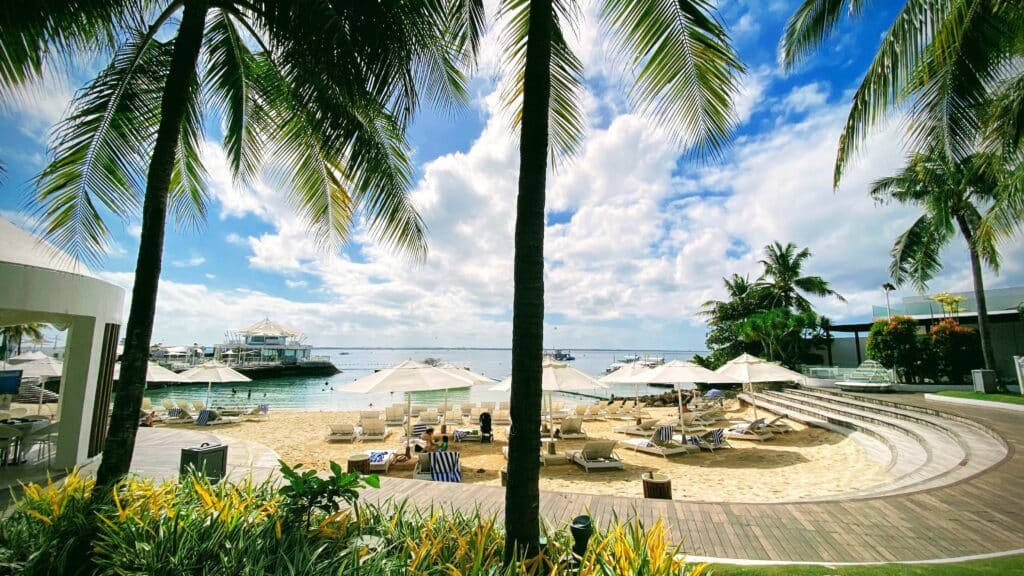
Expatriates looking to purchase property in the Philippines face restrictions, as land ownership is generally reserved for Filipino citizens. However, foreigners can legally own condominiums and buildings, or purchase property through a corporation with at least 60% Filipino ownership.
Where to settle in the Philippines?
Manila – The bustling capital city with numerous job opportunities, modern amenities, and international schools.
Cebu – A fast-growing business hub offering a balance between urban life and beachfront relaxation.
Davao – Known for its safety, lower cost of living, and beautiful natural surroundings.
Baguio – A cooler alternative, offering a mountain retreat with an expat-friendly atmosphere.
Palawan – Ideal for those looking for a relaxed, nature-centric lifestyle with world-famous beaches.
What is the cost of living in the Philippines?
The cost of living in the Philippines varies depending on the city and lifestyle. While Manila and Cebu are on the higher end, smaller cities and rural areas offer a much lower cost of living. Food and transportation remain affordable, but imported goods and luxury items can be costly.
According to recent estimates, a single person can live comfortably on a modest budget, while families require a slightly higher budget for education, healthcare, and accommodation.

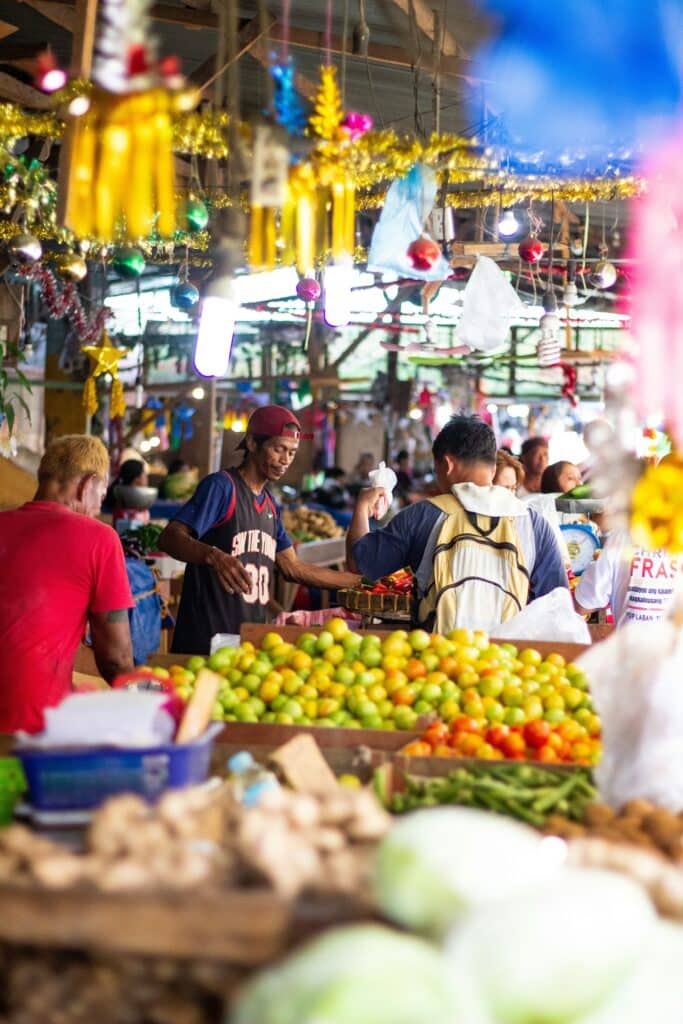
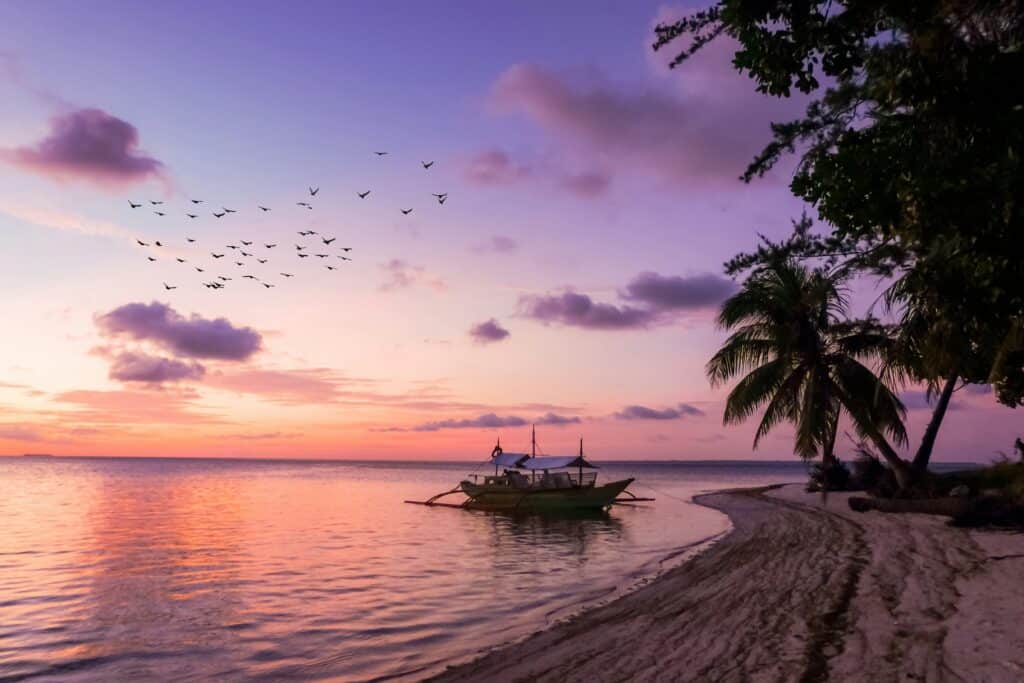
Working in the Philippines
Employment Opportunities
- Business Process Outsourcing (BPO) – The Philippines is a global leader in outsourcing, providing job opportunities in customer service, IT, and back-office operations.
- Education – International schools and language institutes frequently hire foreign teachers.
- Tourism and Hospitality – The thriving tourism industry creates opportunities in hotel management, diving instruction, and travel consulting.
- Tech and Startups – The digital economy is growing, attracting expatriates with expertise in IT, e-commerce, and fintech.
Work Culture
- Hierarchy is important – Many companies have structured management systems.
- Pakikisama (harmony and social cohesion) is valued, and direct confrontation is generally avoided.
- Business meetings often start with informal conversations before getting to the main discussion.
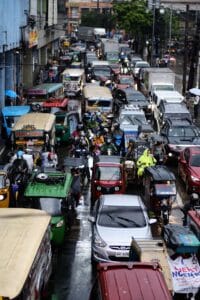
Transport in the Philippines
Jeepneys – The most iconic and affordable mode of public transportation.
Ride-hailing services (Grab, JoyRide, Angkas) – A safer and more convenient alternative to taxis and motorbike taxis.
Metro Rail Transit (MRT) & Light Rail Transit (LRT) – Limited but useful for avoiding traffic in Metro Manila.
Ferries & Domestic Flights – Essential for traveling between islands efficiently.
Opening a bank account
If you are working in the Philippines, your employer may assist in setting up a bank account. Otherwise, you will need a passport, proof of residence, and an Alien Certificate of Registration (ACR) card. Major banks include BDO, Metrobank, and BPI, as well as international banks like HSBC and Citibank.
Healthcare in the Philippines
Public Healthcare: Offered through PhilHealth but often underfunded and overcrowded.
Private Healthcare: Highly recommended for expatriates, with modern hospitals available in major cities.
Vaccinations: It is recommended to get vaccinations for Hepatitis A & B, Typhoid, and Japanese Encephalitis. Drinking bottled or purified water is also advised in some regions.
Telecommunications and Internet
The Philippines has a growing telecommunications sector, with major providers like Globe, Smart, and PLDT offering mobile and broadband services. While internet speeds have improved, some rural areas still experience connectivity issues.
Education for expat families
International schools are the preferred choice for expatriate families, with top institutions including:
- International School Manila (ISM)
- British School Manila (BSM)
- Cebu International School (CIS)
- Davao International School (DIS)
Culture and lifestyle in the Philippines
- Filipinos are deeply religious, with Catholicism being the dominant faith.
- Festivals (Fiestas) are celebrated year-round, such as Sinulog, Ati-Atihan, and Pahiyas.
- Filipino cuisine is a unique mix of Spanish, Chinese, and Malay influences, with dishes like adobo, lechon, and halo-halo being popular.
Best experiences in the Philippines
- Island-hopping in Palawan
- Surfing in Siargao
- Exploring the Banaue Rice Terraces
- Diving in Apo Reef
- Hiking Mount Mayon or Mount Pinatubo
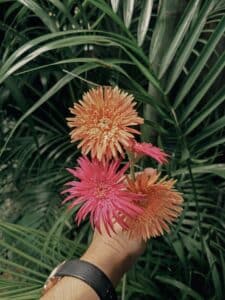

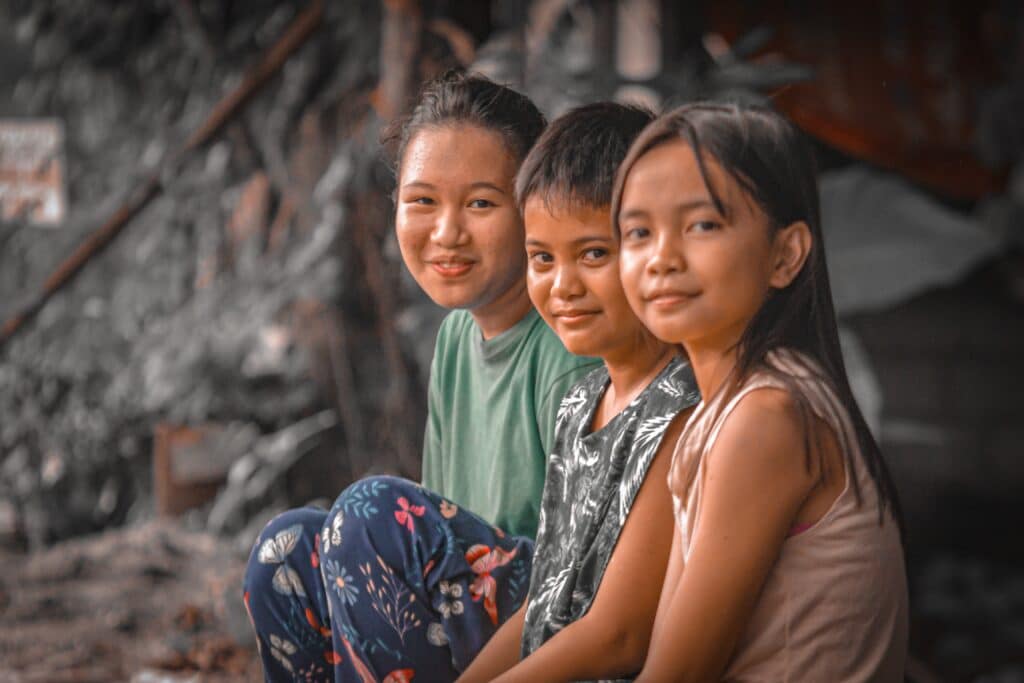
Final Thoughts
Relocating to the Philippines can be an enriching experience with the right planning. By securing the correct visa, understanding the culture, and preparing for daily life, expatriates can enjoy a fulfilling life in this tropical paradise.
